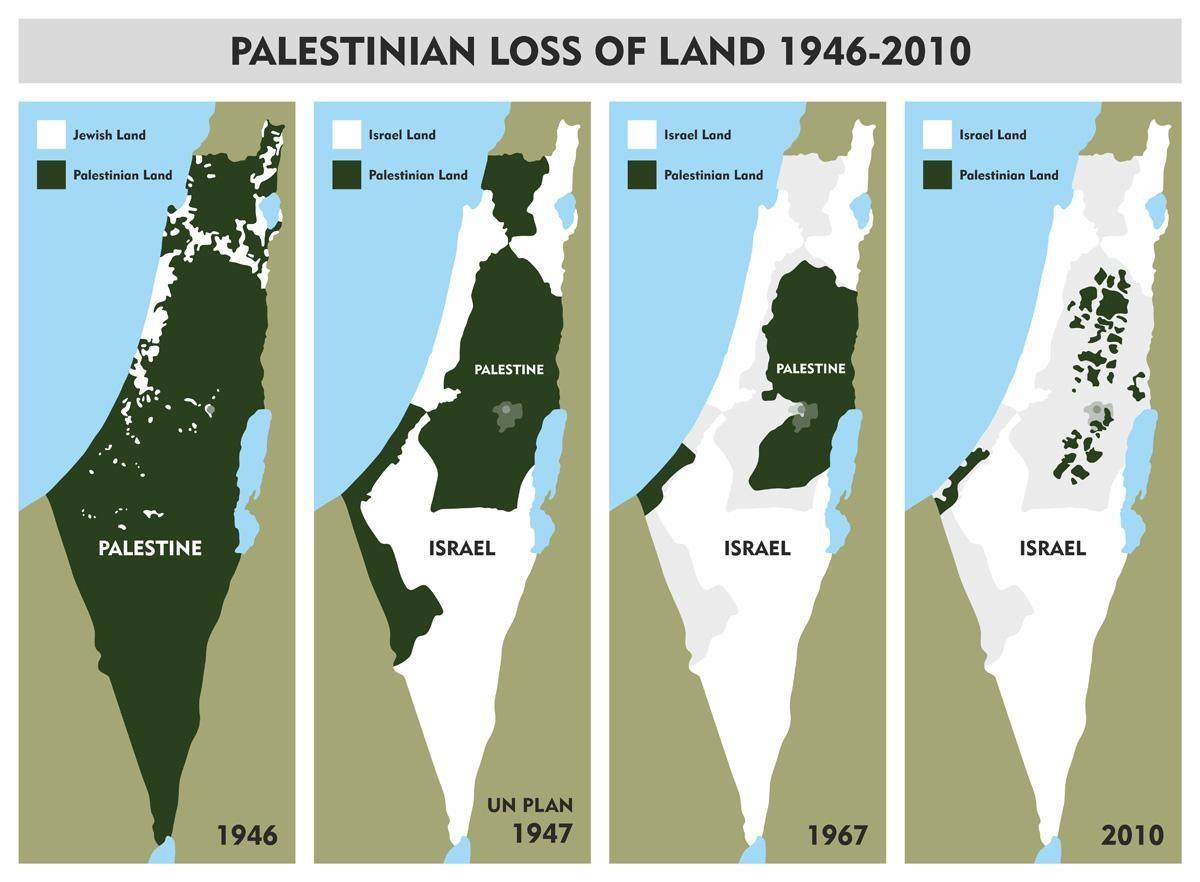Introduction
The Balfour Declaration was a document that played a major role in the creation of the state of Israel. While the establishment of the new state brought benefits to the Jewish people, the Balfour Declaration is also responsible for the beginning of a still-continuing conflict between Israel and the Arab world.
The Balfour Declaration: The Basics
The Balfour Declaration was a letter written by Arthur J. Balfour, the Foreign Secretary of the UK, to Walter Rothschild, the head of the Jewish community in the UK. The declaration is dated November 2, 1917. It states that the British government has a favorable attitude towards creating a “national home” for the Jewish people in the region of Palestine (“The Balfour Declaration” n. pag.). Over a few following years after the declaration had been published by The Times, a number of countries such as France, Italy, and the U.S. It was adopted by the League of Nations as a basis for the after-war establishment of Palestine, which was operated by the British administration during 1920-1948; when the League of Nations ceased its existence, the Declaration became the basis for the UN’s perceptions of the establishment of Palestine.
It is noteworthy that the text of the Balfour Declaration is ambiguous; the notion of the “national home” for Jews is not equal to the notion of creation of a state, and the Declaration does not mention anything about the possible borders of such a “home.” It is also noted that Great Britain has become the main agent of implementation of the Balfour declaration, legally facilitating the migration of Jews to Palestine and finally leading to the creation of the state of Israel in 1948 (Al-Bashayreh 228, 232).
The Creation of Israel and the Beginning of the Hostilities
However, the creation of the new Israeli state was not agreed upon with the Arab countries (“Creation of Israel, 1948” n. pag.). At the same time, no new state was established for the Arabs who lived in Palestine. Since the creation of Israel, these people continuously lost land to the new state over the course of years.

The proclamation of the independence of Israel was immediately followed by the Arab-Israeli War when the armies of five neighboring Arab countries attacked the new country; the Arabs hoped to prevent the creation of the Jewish state in their former territory. The countries involved in attacking Israel included Egypt, Lebanon, Syria, Transjordan, Iraq, and Saudi Arabia (“The Arab-Israeli War of 1948” n. pag.). However, Israel managed to fight off the Arab forces and preserve its independence.
The Ongoing Conflict
The conflict between Israel and the Arab world goes on to these days, resulting in a constant loss of life and making Palestine one of the most unstable regions in the modern world. We have already mentioned that the Balfour Declaration is ambiguous; this ambiguity is stated to have become the reason for this conflict (Parsons 319).
Nowadays, the state of Israel has either hostile or very tense relationships with the Arab countries. Iraq does not recognize Israel as a state; Saudi Arabia and Israel do not have diplomatic relations; Syria and Israel are at war since Israel’s creation. The border between Lebanon and Israel, however, is relatively calm. Also, Jordan signed a peace treaty with Israel in 1994, and the countries established diplomatic relations. However, these relations are still tense.
Conclusion
To sum up, the Balfour Declaration played an essential role in the creation of the state of Israel, but it also shaped the new state’s establishment in a way that caused it to take lands from the Arab people and led to continuous conflict with the Arab world. It is our hope that this conflict will cease, and the ongoing loss of life will stop as soon as possible.
Works Cited
Al-Bashayreh, Ali Ibrahim. “The British Policy and its Impact in the Implementation of the Balfour Declaration.” Asian Social Science 8.7 (2012): 228-239. ProQuest. Web.
Creation of Israel, 1948. n.d. Web.
Parsons, Nigel. “The Balfour Declaration: The Origins of The Arab-Israeli Conflict. Jonathan Schneer. London: Bloomsbury, 2010.” Britain & the World 6.2 (2013): 319-321. Academic Search Complete. Web.
The Arab-Israeli War of 1948. n.d. Web.
The Balfour Declaration. 1917. Web.
University of Pittsburg, Global Studies Center. Arab/Israeli Conflict – Then and Now. n.d. Web.